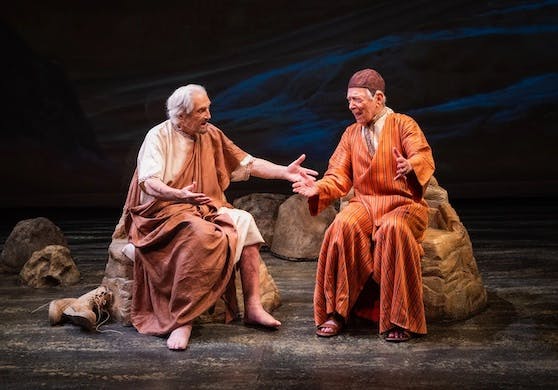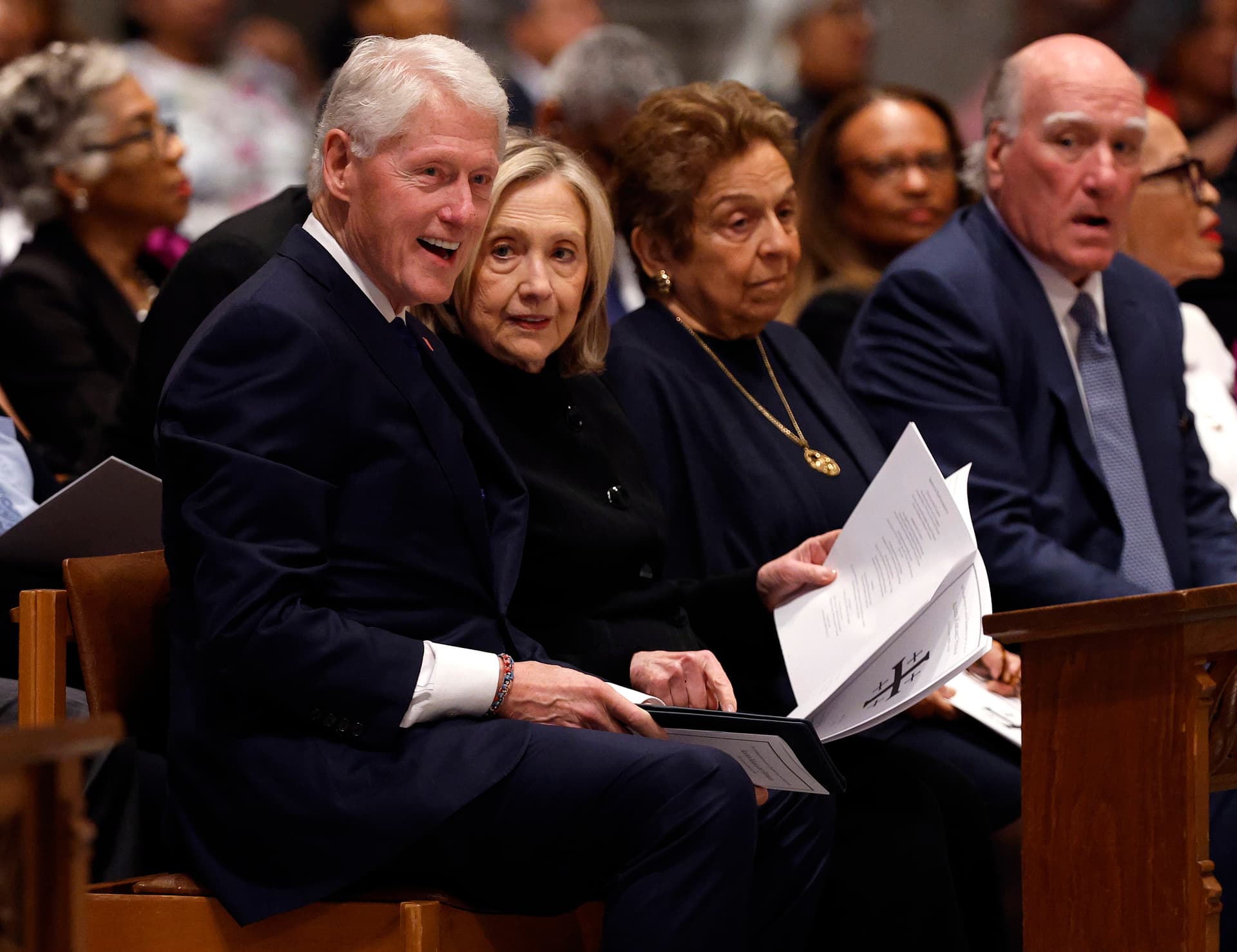
Can Trump ‘Nationalize’ Elections?
By THE NEW YORK SUN
|There are nuances in the interactions between the characters in Ed Weinberger’s short and ultimately bittersweet pair of one-act comedies that sparkle in the finely measured, knowing performances of Hal Linden and Bernie Koppell.

Already have a subscription? Sign in to continue reading
$0.01/day for 60 days
Cancel anytime
By continuing you agree to our Privacy Policy and Terms of Service.

By THE NEW YORK SUN
|
By JOSEPH CURL
|
By LAWRENCE KUDLOW
|
By BRADLEY CORTRIGHT
|
By MATTHEW RICE
|
By LUKE FUNK
|
By BENNY AVNI
|
By JOSEPH CURL
|